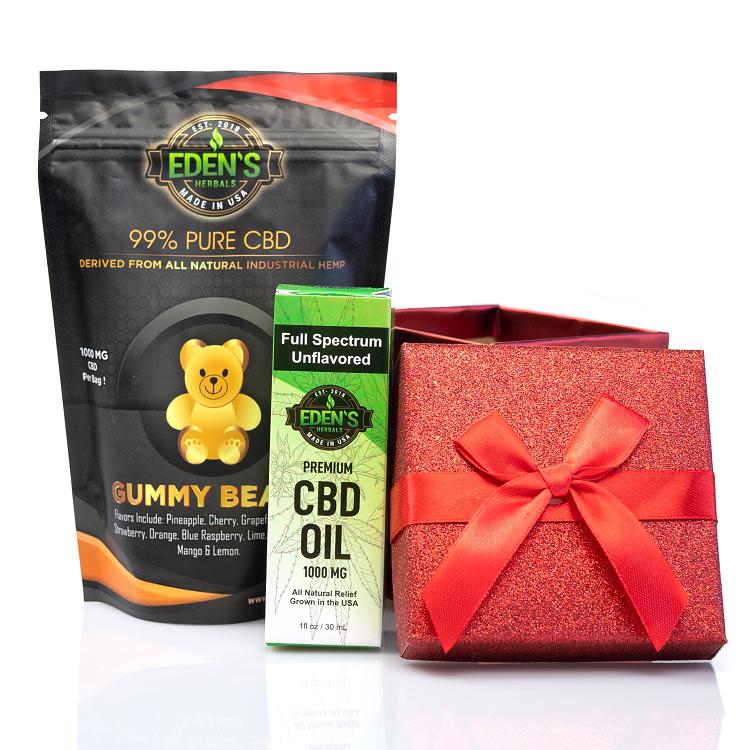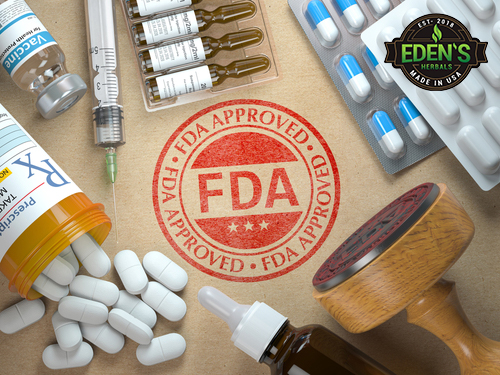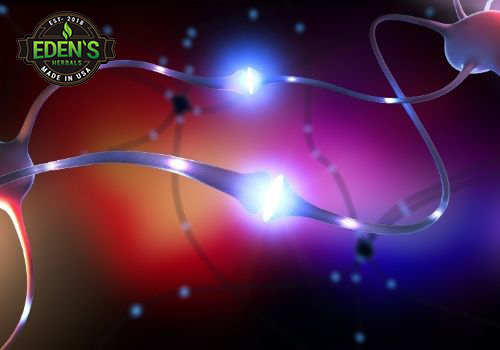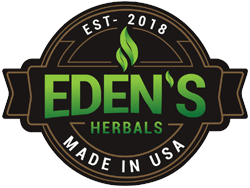 The World Health Organization (WHO) estimates that about 2.5% of the world's population has used THC at some point in their lives.
The World Health Organization (WHO) estimates that about 2.5% of the world's population has used THC at some point in their lives.
That percent might be small, but make no mistake; that is a lot of people who have used THC.
The use and legality of THC and its products has been a point of contention in many political and social arenas. This is due to the controversial effects associated with THC use, despite its many health benefits. Regardless, THC is slowly becoming popular, especially among the youth, teenagers, and pre-teens.
There are two popular compounds found in marijuana and hemp; cannabinoids and 9-tetrahydrocannabinol (THC).
This article will highlight in-depth what THC is all about, the chemistry behind it, and the controversy behind its legality. It will also explain the pros and cons of its products and its impact on the health of an individual.
9-Tetrahydrocannabinol
THC is the primary psychoactive agent identified in marijuana. Its use is commonly associated with a euphoric effect, hallucination, and increased appetite.
Brief History of THC
The first-ever recorded use of medical THC was in China in the early 1500s.
It was used to alleviate pain and inflammatory conditions. In the early 1600, marijuana plants were used in Europe and Asia for medicinal and recreational purposes. Gradually, the marijuana plant found its way to America, and it was used in the food, textile, medicine, and recreational industry.
After about three centuries of THC use, some anti-drug campaigns advocated for the abolishment of its use. The Controlled Substance Act grouped marijuana as a Schedule 1 drug due to its increased abuse and misuse.
 The Controversial Legality Surrounding The Use Of THC And Its Products
The Controversial Legality Surrounding The Use Of THC And Its Products
Currently, THC and its products is classified as a Schedule 1 Controlled Substance. In the United States, the use of THC or its products is illegal under federal laws.
However, some states like Washington, Colorado, California, Oregon, and Arizona have legalized the use of THC for medicinal use. In Canada, it is legal to use THC for medical and recreational use.
How Much THC Is Legally Allowed?
The legally allowed concentration of THC is not more than 0.3% THC on a dry weight basis.
These laws evolve gradually, depending on the people in power and recent events. It is essential to check if THC use is legally consented to in the area you reside in to avoid legal issues. In some states, the use of medical THC is limited to licensed physicians only.
Full Spectrum CBD Products
When a product is listed as full-spectrum, it means that the product is mainly composed of CBD but contains other cannabinoids, including THC. Also, the concentration of THC in full-spectrum CBD products is less than 0.3%. Many people prefer using the full spectrum over isolated CBD, due to the synergistic effect associated with the various cannabinoids.
Another popular option is broad-spectrum CBD, which includes various cannabinoids but does not include THC.
 The Chemistry of THC
The Chemistry of THC
THC is a complex organic cyclic molecule. The structure has two oxygen molecules, thirty hydrogens, and twenty-one carbons.
Additionally, the structure possesses two chiral centers at carbon six and carbon nine. This means that the THC molecule is available in four isomeric forms. The most active isomer is (+)-trans-?9-THC.
The THC molecule can be isolated from two plants, namely, Cannabis Sativa and Cannabis Indica. Also, THC can be synthesized in the laboratory under controlled parameters.
Due to its high carbon molecules content, the THC molecule is highly lipophilic, thus quickly crossing the blood-brain barrier to exact its action in the central nervous system.
The Pharmacology of THC
THC and cannabinoids are more concentrated in the leaves and flowers of the Cannabis Sativa plant. The average concentration of THC in Cannabis is about 4%. However, with recent genetic modification, the concentration varies, with some of the highest recorded concentrations reaching 7%.
THC products like oils, tinctures, creams, tablets, and capsules, the concentration can be as high as 15%.
How to Use THC
The most common way of ingesting THC is through inhalation of the smoke from dried leaves of marijuana. There are several other ways to ingest THC, such as in CBD products like oils, topicals, and gummies.
THC in the Body
Once ingested or inhaled, THC is rapidly broken down and enters the bloodstream. The raw product is extensively metabolized in the liver to release the THC compound. Due to the high lipid profile of THC, the substance easily crosses anatomical barriers, including the blood-brain barrier.
THC interacts with the CB-1 and CB-2 endocannabinoid receptors. Once THC interacts with its receptors, it elicits a euphoric feeling, which its users describe as 'high.'
 Medical Uses of 9-THC
Medical Uses of 9-THC
1. THC for inflammation
THC has potent anti-inflammatory activity. Studies revealed that the administration of THC to patients with inflammatory bowel disease showed remarkable improvement. This is because THC acts as an immunomodulatory agent. It inhibits the production of histamine, interleukins, and interferons that are responsible for propagating inflammation.
2. THC for pain
Sprays and lozenges formulated from THC are used in patients with multiple sclerosis to alleviate bladder dysfunction, muscle spasticity, and neural pain.
Additionally, recent studies have shown that THC has neuroprotective properties. Therefore, THC is currently under investigation to prevent and manage neurodegenerative disorders like Alzheimer's, Huntington's, and Parkinson's disease.
3. THC for cancer
Research has associated the use of medical marijuana with better outcomes in cancer therapy. THC causes euphoria, which reduces the adverse effects associated with chemotherapy. It alleviates nausea and vomiting discomfort experienced by cancer patients. Additionally, THC stimulates appetite in HIV and cancer patients.
4. THC for stress and anxiety
Due to its ability to induce a euphoric effect and stimulate dopamine release from the storage vesicles, THC is under investigation to treat andmanage depression, post-traumatic stress disorder, and anxiety. In mid-2018, FDA approved the use of a THC extract to manage epileptic cases that are unresponsive to other forms of therapy.
5. Other Uses
THC has potent bronchodilatory properties. Therefore it is under investigation as a viable drug in managing asthma and other restrictive respiratory diseases. Additionally, due to its vasodilatory activity, THC is under investigation in the management of glaucoma. Also, in rehabilitation centers, THC is used in the detoxification process in individuals with addiction to opioids.
 Drug Use And Risks of THC
Drug Use And Risks of THC
According to statistics released by the National Institute Of Drug Abuse (NIDA), Cannabis is the third most commonly abused drug after tobacco and alcohol. NIDA also revealed that at least 30% of cannabis users become addicted to the drug if they start using it in their teenage years.
The most prevalent symptoms of addiction are increased tolerance and physical dependence. Also, marijuana addicts exhibit withdrawal symptoms once the drug administration is stopped.
Such individuals find it hard to sleep or simply cannot cope with life if they have not used Cannabis. Additionally, the early use of THC, especially in the teen and pre-teen years, predisposes an individual to develop marijuana use disorders. However, there have been no reported deaths due to marijuana use.
THC and CBD
It's important to remember that full-spectrum CBD products are legally forced to contain .03% or less of this controversial cannabinoid. This allows users to experience the benefits of THC, with little to no risk. THC has many potential benefits and combined with other cannabinoids in full-spectrum CBD products, it might be just what the doctor ordered!


